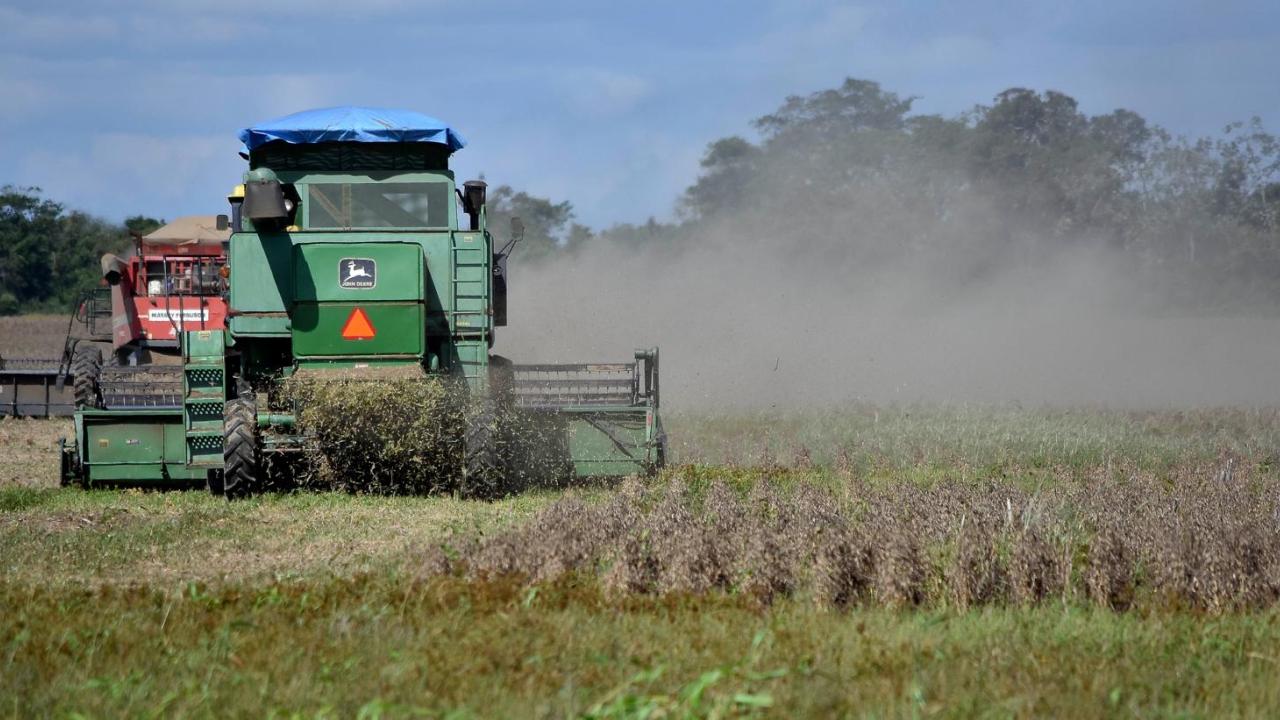
The impact of drought and legal uncertainty is affecting the country's main commercial crop.
Bolivian exports of soybeans and their derivatives fell dramatically in the country, with a reduction of US$ 523 million and 708,000 tons until September 2024, according to data from the National Institute of Statistics (INE).
This decline is evidence of the crisis that the sector is going through due to factors such as drought, the drop in international prices and legal uncertainty in the countryside, according to Gary Rodríguez, general manager of the Bolivian Institute of Foreign Trade (IBCE).
SOY
Rodríguez emphasized that, in 2023, soybeans generated foreign currency of more than US$ 1.75 billion, thanks to the export of 3.2 million tons, consolidating itself as "the queen of exports" in Bolivia.
However, as of September this year, the figures show a worrying picture, with projections of a drop of more than US$ 650 million by the end of the year.
The IBCE representative also questioned the seizure of productive land, a problem that not only threatens soybean exports, but also crop rotations such as wheat, corn and sorghum.
In his view, these incidents jeopardise not only foreign trade, but also food security by reducing the availability of fodder for meat production.
INSECURITY
Rodríguez praised advances such as the approval of biotechnological events and efforts to guarantee diesel for crops. However, he warned that these measures will be insufficient if the legal uncertainty affecting agriculture, a key sector for the Bolivian economy, is not resolved.
"What's the point of President Arce (Luis) promoting the country in international forums if private property is not respected here?" Rodríguez questioned. He also emphasized the need for conditions that allow investment, production and exports in a sector with high potential.
The IBCE stressed that the reactivation of the agricultural sector is essential to reverse the economic crisis and guarantee foreign currency for Bolivians, which is necessary to import fuel and essential supplies. However, without legal security, the country faces “very difficult days.”










